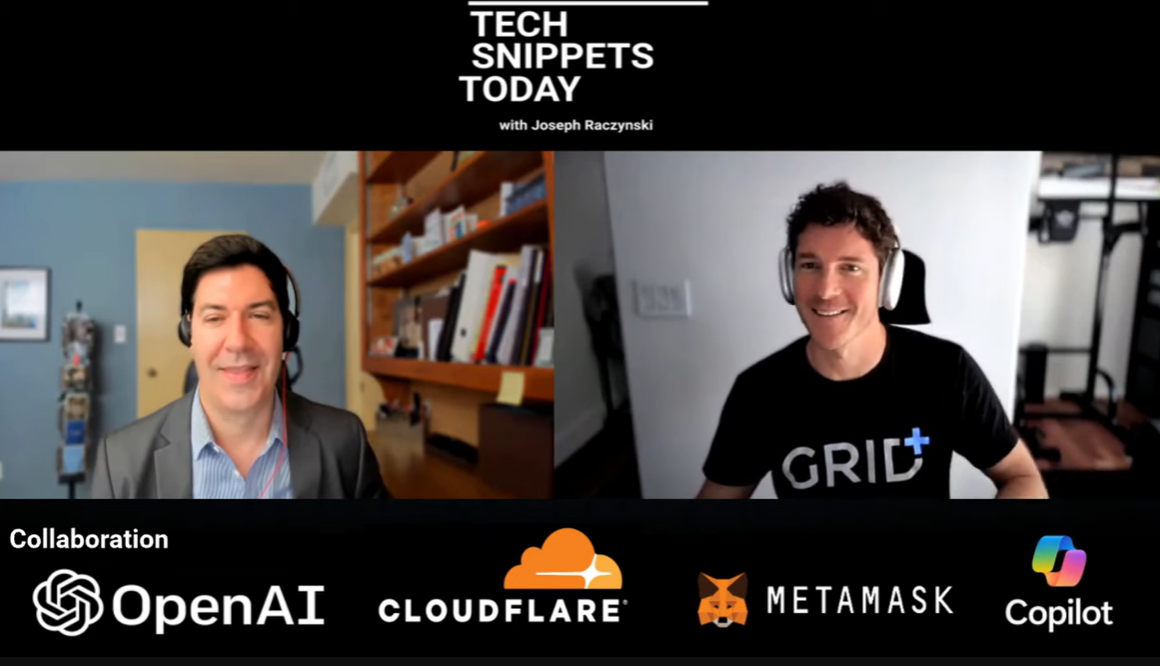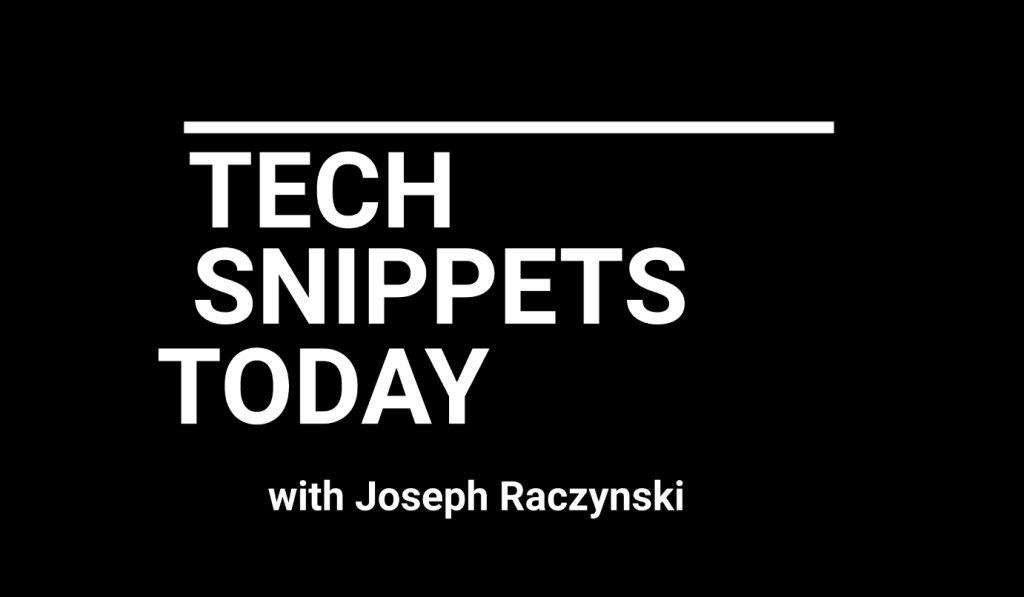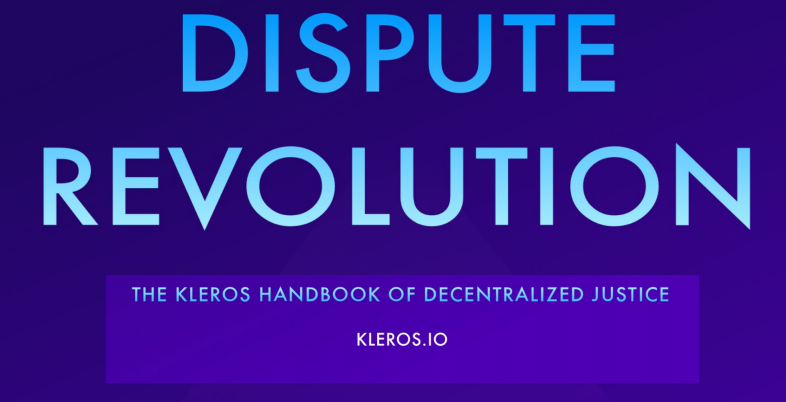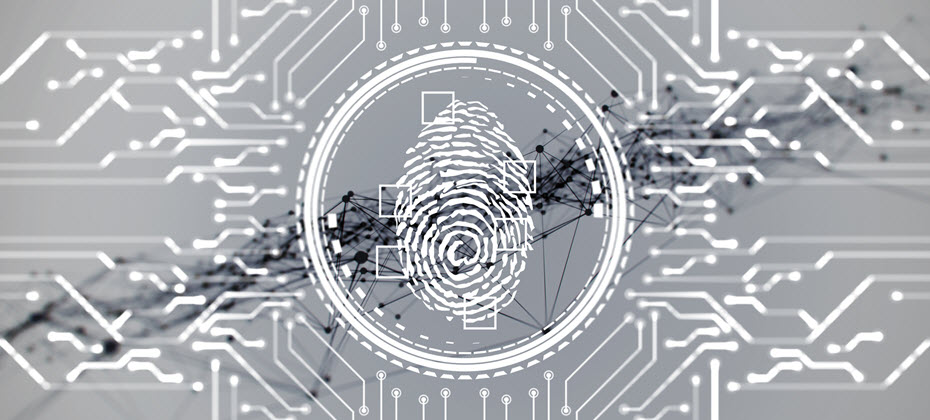Category: digital identity
-

Proof Without Peeking: Human Passport and the Future of Blockchain Identity
Imagine if verifying you’re human online didn’t mean giving up your privacy—or your entire transaction history. Today, blockchain’s biggest paradox is that while it promises trustless systems, it often leaves identities and wallets wide open, exposing users to everything from Sybil attacks to airdrop hunters. On platforms like Base, the Coinbase-backed Ethereum Layer 2 now…
-

Is Social Media Doomed? Billionaire Frank McCourt’s Bold Solution
My conversation with Frank McCourt, Founder at Project Liberty, about the state of the world surrounding social media and why decentralization could be the answer. Project Liberty aims to create a new civic architecture for the digital world that returns the ownership and control of personal data to individuals, embeds ethical values into technology, and…
-

Tech Snippets Today – Sandeep Nailwal – CEO of Polygon
Away from the din of 18,000 people at the Consensus 2022 conference, Sandeep Nailwal, CEO of Polygon and I caught up. This covers all things Layer 2 and the Merge coming from the Ethereum upgrade. For more information, please visit the following: https://www.josephraczynski.com https://joetechnologist.com https://www.linkedin.com/in/joerazz
-

Top 10 err.. 16 LegalTech Talks of 2021! Now available!
The list is out! Last year was an amazing one for LegalTech talks and thought leadership. I presented over 70 times on Blockchain, Cryptocurrency, AI, Workflow, and the Legal Platform. It was also a fascinating year where edgy concepts entered the LegalTech space, including the Metaverse and NFTs. In all likelihood, these will continue to…
-

Podcast: The Hearing – Doug Pepe – Partner – Joseph Hage Aaronson LLC
From the producer: You may have watched as Mark Zuckerberg explained the internet to Congress in a way that felt a bit unnecessary. Well, this episode is sort of the opposite of that. Joe Raczynski is joined by legal and mathematical macroeconomics genius Doug Pepe, to take us through blockchain, tokens and cryptocurrency in a…
-

Justice for all? The impact of AI & blockchain on legal accessibility
Originally published on AnswersOn By Joseph Raczynski I have been incredibly fortunate to have traveled extensively, which has impacted my global vision. Visiting almost 40 countries, I have witnessed firsthand the enormous discrepancies in wealth, opportunities, and lifestyles that exist around the world today. I’ve seen the lavish gilded rooms, complete with Picassos on the…
-

Kleros.io (a Thomson Reuters Incubatee) Publishes Handbook of Decentralized Justice
Kleros.io is a blockchain startup which Thomson Reuters incubates in the Legal Technology space. They recently published a book about dispute resolution using blockchain technology. I had the good fortune to work with Federico Ast, Founder & CEO on a chapter for the book. Please feel free to download a digital copy here: Kleros’ Handbook…
-

Forum Magazine: Blockchain’s Promise – Verifying Value One Block at a Time
Originally published in Forum Magazine by Joseph Raczynski Blockchain technology is truly transformative, impacting almost every industry. Over the next decade, this technology will significantly transmute the legal landscape as well – a process that has already begun. Blockchain was initially considered a ridiculous notion – the idea of a digitized ledger beholden to no single…
-

Podcast: The Hearing With Kevin Poulter & Joseph Raczynski – Future Legal
Episode 2 of THE HEARING is now live! In episode 2 of The Hearing Podcast Kevin Poulter speaks to futurist Joseph Raczynski on #legaltech #AI #blockchain and the future of the robot lawyer. Listen now and subscribe to #thehearingpodcast on: iTunes – https://tmsnrt.rs/2swyzmz Spotify – https://tmsnrt.rs/2kOOpVw SoundCloud – https://tmsnrt.rs/2Js4deI
-

Podcast: What the Heck is blockchain?
I had the pleasure of being a part of the Thomson Reuters Innovation Podcast series recently. This was a discussion about blockchain. In this talk with Katherine Manuel, Senior Vice President of Innovation in Strategy/Business Development, Jordan Kleinsmith – Director, Innovation in Strategy/Business Development and Sam Chadwick – Director of Strategy in Innovation and Blockchain in…
-

Leveraging blockchain to decrease data breaches, increase security
Originally published in Thomson Reuters By Joseph Raczynski In the not-too-distant future, blockchain will get personal – very personal. That’s a good thing when it comes to integrity of your digital identity. The Internet is a complex space for identity management. Every site has a login and password, and those sites which have federated their…
